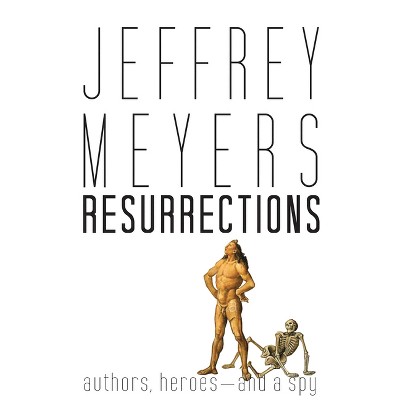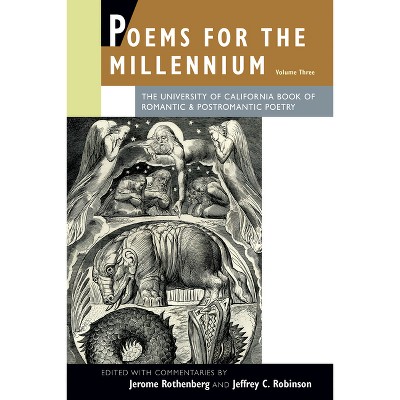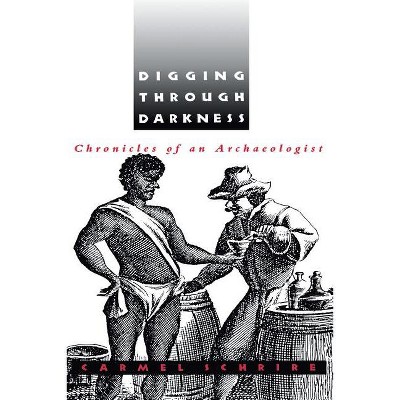About this item
Highlights
- While Jamestown and colonial settlements dominate narratives of Virginia's earliest days, the land's oldest history belongs to its native people.
- About the Author: Jeffrey L. Hantman, Professor of Anthropology at the University of Virginia, is the coeditor of Across the Continent: Jefferson, Lewis and Clark, and the Making of America (Virginia).
- 232 Pages
- Social Science, Archaeology
Description
About the Book
"While Jamestown and colonial settlements dominate narratives of Virginia's earliest days, the land's oldest history belongs to its native people. Monacan Millennium tells the story of the Monacan Indian people of Virginia, stretching from 1000 A.D. through the moment of colonial contact in 1607 and into the present. Written from an anthropological perspective and informed by ethnohistory, archaeology, and indigenous tribal perspectives, this comprehensive study reframes the Chesapeake's early colonial period--and its deep precolonial history--by viewing it through a Monacan lens. Shifting focus to the Monacans, Hantman reveals a group whose ritual practices bespeak centuries of politically and culturally dynamic history. This insightful volume draws on archeology, English colonial archives, Spanish sources, and early cartography to put the Monacans back on the map. By examining representations of the tribe in colonial, postcolonial, and contemporary texts, the author fosters a dynamic, unfolding understanding of who the Monacan people were and are."--Publisher's description.Book Synopsis
While Jamestown and colonial settlements dominate narratives of Virginia's earliest days, the land's oldest history belongs to its native people. Monacan Millennium tells the story of the Monacan Indian people of Virginia, stretching from 1000 A.D. through the moment of colonial contact in 1607 and into the present.
Written from an anthropological perspective and informed by ethnohistory, archaeology, and indigenous tribal perspectives, this comprehensive study reframes the Chesapeake's early colonial period--and its deep precolonial history--by viewing it through a Monacan lens. Shifting focus to the Monacans, Hantman reveals a group whose ritual practices bespeak centuries of politically and culturally dynamic history. This insightful volume draws on archeology, English colonial archives, Spanish sources, and early cartography to put the Monacans back on the map. By examining representations of the tribe in colonial, postcolonial, and contemporary texts, the author fosters a dynamic, unfolding understanding of who the Monacan people were and are.
Review Quotes
"In this engaging, provocative, and highly readable book, Hantman forces the reader to question received wisdom about icons of American history and conveys the vivid history of a people and a place."
--Martin D. Gallivan, William and Mary, author of James River Chiefdoms: The Rise of Social Inequality in the Chesapeake (Our Sustainable Future)"The culmination of more than two decades of collaborative research, Monacan Millennium presents important new data and fresh insights with great sensitivity. A significant contribution to indigenous and colonial archaeology."
--Patricia E. Rubertone, Brown University, author of "Grave Undertakings: An Archaeology of Roger Williams and the Narragansett Indians"[ Monacan Millennium] details the history of the Monacan Indians from A.D. 1000-2000..[, ] a Siouan-speaking group who occupied Virginia's Piedmont region...The story is told admirably through Monacan eyes. Besides the longue durée view and the Indian perspective... strengths of the book include the variety of sources and the effective combination of archaeology, anthropology, and history to render a convincing narrative about the Monacan Nation...[T]he book has far-reaching implications for the historiography of Indian history in America.
--Crandall Shifflett , Journal of Social HistoryIn this concise and compelling book, Jeffrey Hantman sketches a thousand years of history of the Monocans, Native people of the Virginia Piedmont. To combat colonial tropes depicting the Monocans as a "poorly known" or "marginal" people, the authoremploys archaeology and history to affirm their historical significance and remind readers that the Monocans are with us still.... [The book] treads the fine line between scholarship and advocacy to depict history in a manner that is sensitive to Monocan viewpoints and needs. Suitable alike for the general reader and scholars, it hints at intriguing avenues for subsequent research.
--Virginia Magazine of History & BiographyThis informative account of Monacan history and pre-history is a collaboration between the author and the Monacans themselves: to the increase of knowledge on both sides.... Hantman makes several important theoretical and methodological points... He offers numerous examples of how Monacans to-day, however much they may look like their non-Monacan neighbors in matters of food, clothing, and shelter, nevertheless have retained a distinct way of interpreting events and understanding the world. They are Monacans still.
--American EthnologistAbout the Author
Jeffrey L. Hantman, Professor of Anthropology at the University of Virginia, is the coeditor of Across the Continent: Jefferson, Lewis and Clark, and the Making of America (Virginia).












